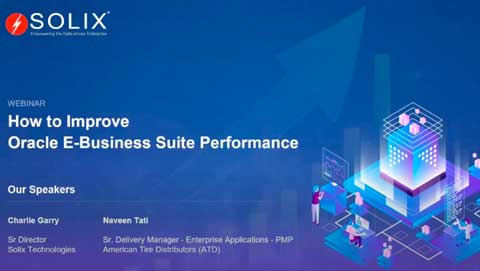Apache Hudi
What is Apache Hudi?
Apache Hudi is an open-source data lake platform that simplifies managing data in data lakes. It offers a unified storage layer on your existing distributed storage system. This layer enables efficient data processing, stream ingestion, and lifecycle management, all while ensuring data consistency and integrity. It enables efficient data processing, stream ingestion, and data lifecycle management.
Features of Apache Hudi
- ACID transactions:
Hudi ensures data consistency and integrity through ACID properties (Atomicity, Consistency, Isolation, Durability) for updates, inserts, and deletes.
- Incremental processing:
Hudi processes data incrementally, focusing only on changes since the last processing run. This reduces processing time and improves data freshness.
- Upserts and deletes:
Unlike traditional data lakes, Hudi allows modifying existing data through upserts (updates + inserts) and deletes, enabling record-level updates.
- Open file format:
Hudi stores data in open file formats like Parquet and Avro, allowing seamless integration with popular data processing engines like Spark, Hive, and Presto.
- Change data capture (CDC):
Hudi facilitates CDC by capturing only the changes in the data source, reducing the amount of data to be processed and improving efficiency.
- Data Skipping:
Hudi allows skipping irrelevant data partitions during queries, further optimizing query performance.
- Optimistic concurrency control (OCC):
Hudi provides OCC for concurrent writes, reducing the chances of conflicts and improving data availability.
Addressing Challenges of Traditional Data Lakes
Traditional data lakes needed help balancing data consistency and freshness. Traditional batch processing was complex in ensuring data integrity during updates and deletes while delivering fresh data through faster processing. Additionally, data lakes primarily supported data ingestion, and integrating them with existing tools was often cumbersome.
Hudi addresses these challenges comprehensively. It guarantees data consistency during updates and deletes through ACID transactions. Additionally, Hudi’s incremental processing capability delivers fresher data by focusing only on changes since the last processing run. Hudi also allows modifications to existing data through upserts and deletes, similar to relational databases.
Furthermore, Hudi’s open file formats simplify integration with existing data processing tools, and CDC streamlines data ingestion by capturing only data modifications. Finally, data skipping and optimistic concurrency control (OCC) further optimize performance and data availability.
Key Apache Hudi Use Cases
- Real-time analytics:
Hudi’s incremental processing enables near real-time analytics on continuously updated data.
- Machine learning:
Fresh and consistent data from Hudi is ideal for training and serving machine learning models.
- Unified customer profile management:
Hudi helps consolidate and manage customer data from various sources, providing a unified view for personalization and targeted campaigns.
- Log management:
Hudi efficiently processes and analyzes large volumes of log data for troubleshooting, security, and operational insights.
- Fraud detection:
Hudi’s real-time capabilities enable near-real-time analysis of financial transactions for fraud detection and prevention.
Apache Hudi for the Data Lakehouse Architecture
The data lakehouse architecture combines the strengths of data lakes and data warehouses. Hudi plays a crucial role in this architecture by:
- Providing a unified data layer:
Hudi stores data in an open format, accessible by data warehousing and analytical tools.
- Enabling schema management:
Hudi supports schema evolution, allowing data structures to adapt to changing business needs.
- Simplifying data governance:
Hudi’s ACID transactions and record-level updates enhance data governance and compliance.
Apache Hudi offers a powerful solution for managing data in modern data lake architectures. Its features address the critical challenges of traditional data lakes, enabling efficient data management, improved data freshness, and seamless integration with existing data pipelines and tools.
As data volumes and processing demands grow, Hudi is poised to play an increasingly important role in building robust and scalable data management solutions.
FAQ
Is Apache Hudi a replacement for data warehouses?
No, Hudi complements data warehouses by providing a flexible data layer for raw and semi-structured data. It acts as a source for data warehouses to extract and transform data for analytical purposes.
What are Apache Hudi’s limitations?
While Hudi offers significant benefits, it may only suit some scenarios. Its complexity might require additional learning compared to simpler data lake solutions. Additionally, Hudi might have a higher overhead cost than traditional batch processing for very small datasets.
How does Apache Hudi compare to other data lake solutions, such as Delta Lake?
Hudi and Delta Lake are popular data lake solutions with similar functionalities. However, there are some key differences. Hudi offers fine-grained record-level updates and deletes, while Delta Lake focuses on table-level operations. Additionally, Hudi supports CDC (Change Data Capture), which might be advantageous for specific use cases.





